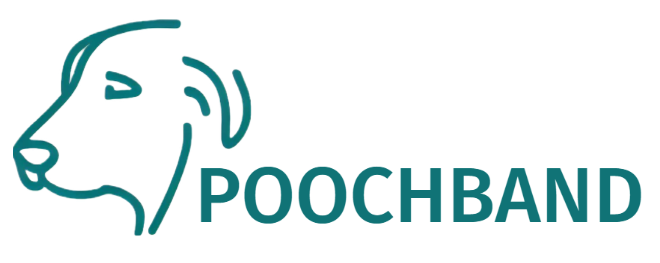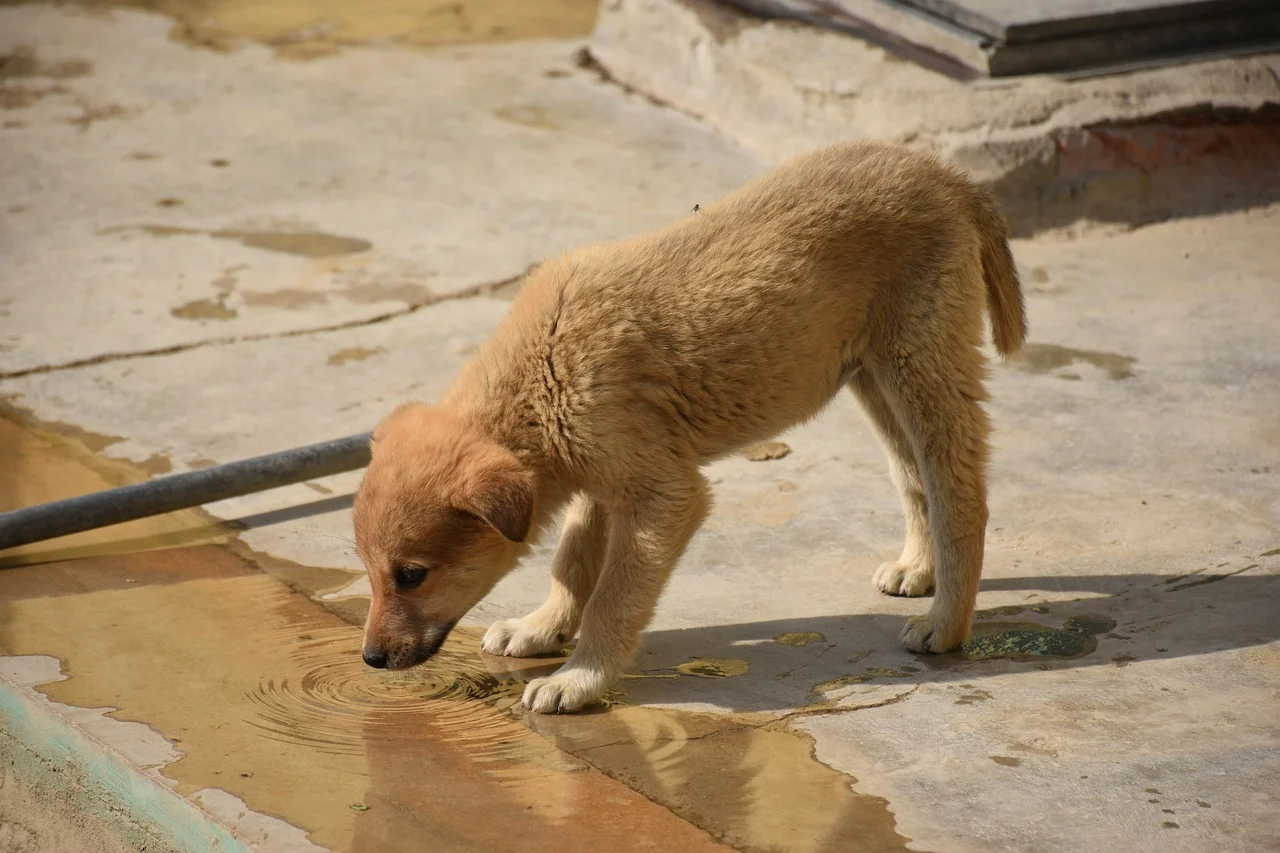Bleach is a common product in many homesteads it is used at least once a week or daily when cleaning our homes. Many people do not even think twice about the effects bleaching products can have on our canines if used to clean the house or left within their reach. What will happen if a puppy drank bleach water?
My Puppy Drank Bleach Water, What should I Do?
If your puppy drank bleach water do not panic. Act calmly and remove the remaining bleach water, try to make him drink milk or water to dilute it. If there is some bleach on the fur, clean it to prevent him from licking it. Try to analyze the amount of bleach water he consumed as this information will be important when you contact your vet.
Why Do Puppies Drink Bleach Water?
- Curiosity
Puppies explore their environments using their mouths. If your puppy comes across dilute water either on a bowl or o the floor, he will use his mouth to know what it is.
- Scent
The smell of bleach is not appealing to us but it can be to your dog. Dogs also have a keen sense of smell, which they will utilize to locate the bleach solution.
- Cleaning
It is common for people to put bleaching water in a bucket when cleaning the house. But, most of the time we do not mop the house immediately and our dogs can take the opportunity to drink it.
- Water Bowl
Another incident where your pup can drink bleach water is when the water bowls are contaminated with bleach. This normally happens when we are washing the house using bleach and we fail to remove the water bowls from the floor, the bleach can get in the bowls unknowingly.
- Accidents
When you are washing the house, your dog can accidentally lick the floor. That is why it is always advisable to lock your dog in a crate to avoid this incident.
Symptoms of Bleach Poisoning In Dogs
A dog will exhibit different symptoms depending on the amount of bleach water he took and its concentration.
Symptoms of diluted bleach poisoning
- Puking
- Diarrhea
- Anxiety/lethargy
- Drooling
- Pawing at their mouth or face
- Loss of appetite
- Around their mouth, they have red, nasty skin sores.
Symptoms of concentrated bleach poisoning
- Gastrointestinal ulceration is a condition in which the stomach or intestines become inflamed.
- Hypernatremia (high blood sodium levels) and hyperchloremia (high blood chloride levels) produce increased thirst, disorientation, tremors, and perhaps seizures (high blood chlorine levels)
- Kidney damage is common.
- Respiratory tract irritation
- Ingestion of bleach might be lethal in particular circumstances.
Types of Bleach
Household bleach
This is the most common sort of bleach, and it’s the one we have at home. It is irritating but not corrosive, making it less harmful than other bleaches. It has a pH of approximately 11.
Ultra-concentrated bleach
Cleaning companies and farms often use this. It is extremely powerful and can kill. It has a pH range of 12 to 12.5 and can create lesions on the outside and inside that take weeks or months to recover.
Non-chlorine bleach (color-safe bleach)
This form of bleach contains hydrogen peroxide, which is often used to trigger vomiting in dogs after they have consumed something they shouldn’t like a possum or dryer sheet. However, it is dangerous in this scenario because it causes vomiting, and the bleach may hurt or create wounds if it comes up through the esophagus.
Can I Put A Little Bleach In My Dog’s Bath Water?
You should never use bleach to bathe your dog because it contains substances that can harm your dog’s skin and fur. There are many dog shampoos available in the market to suit every person’s budget, so no need to risk.
Is the smell of bleach bad for dogs?
Dogs utilize their sense of smell to navigate their environment; the powerful odor of bleach reacts with your dog’s olfactory receptors, destroying them and possibly causing ‘nose blindness. When these receptors are damaged, they are unable to process information from their environment.
Ways To Stop Your Dog From Drinking Bleach
- Always keep bleach-containing goods out of your curious dog’s reach.
- Always follow the label’s recommendations, especially when it comes to diluting the product. The less harmful anything is, the more diluted it is.
- Use a pet-safe disinfectant when cleaning locations where your dog comes into contact.
- Whenever you are using bleach, make sure to thoroughly cleanse the area afterward.
- Keep your pooch away from the area you’re cleaning.
- Open the windows to let any fumes out.
- Close the toilet lids after you’ve cleaned them!
Conclusion
If your puppy drinks bleach water, he will have adverse effects but they will be determined by the concentration of the bleach and the amount he consumed.
There are many ways you can prevent your dog from consuming bleach water like keeping it out of reach, using pet-safe disinfectants while washing the house among others.

